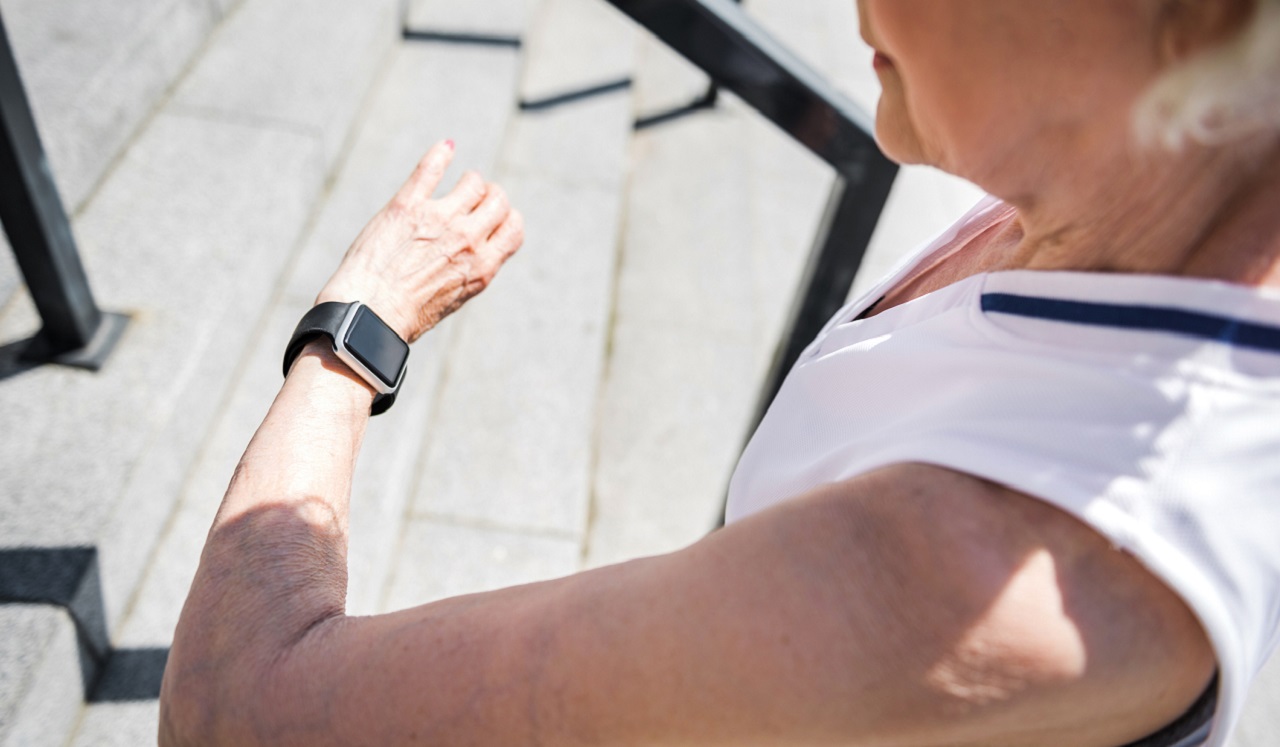Wearable devices are wrist detectives. With the right one, you can track your steps, your quality of sleep—even your heart rate. Tracking your heart rate can be useful, especially if you are trying to improve your health or achieve fitness goals.
Your heart rate can also indicate more serious conditions. Devices such as smart watches can detect and report irregular heartbeats. However, just because your watch declares you have an irregular beat, doesn’t mean you do. “There are so many false alarms—one in five,” says Arun Kannan, MD, electrophysiologist and cardiologist with McGovern Medical School at The University of Texas Health Science Center at Houston (UTHealth), who is affiliated with Memorial Hermann The Woodlands Medical Center. Determining whether the data is relevant takes skill, Dr. Kannan says. That’s where doctors come in.
A pounding beat may be significant—or not.
Abnormal heart rhythms can range from benign to life threatening. Even if your heart seems to pound or flutter, a heart defect may not be to blame. A normal heart rate is usually 60-100 beats per minute, but some people have faster rates.
A heart rate over 100 is called tachycardia. It may be cause for concern or can be triggered by something harmless, such as exercise, fear, anger, anxiety or other emotions that can speed up the heart. Some medications, infection and even caffeine can also quicken the heart.
“Smart devices provide lots of information, but it’s not always accurate,” warns Dr. Kannan. That could result in unnecessary anxiety and additional tests and doctor visits.
A smartwatch is no worthy substitute for medical evaluations by trained health care professionals, including cardiologists or electrophysiologists who are specialists in diagnosing irregular heartbeats.
“Smartwatches may be a step,” Dr. Kannan says, “but they are not the end-all.”
When wearable devices are helpful.
According to Dr. Kannan, wearables that give electrocardiogram (EKG) readings that measure heart rate and heart rhythm are worthwhile for those who are motivated to take positive control over their health.
“That’s a scenario where wearables come in handy to identify silent and other atrial fibrillation, or AFib, the most common arrhythmia in an aging population,” Dr. Kannan says. “You can record an EKG to share with doctors. They can look at the rhythm and determine whether you heart has a problem or is simply reacting to something else that’s happening to your body.”
At least 2.7 million Americans have Afib, and by 2030, that number is expected to swell to 12.1 million, reports the U.S. Centers for Disease Control and Prevention. AFib raises the risk for stroke five-fold and doubles the chance of heart-related death. Not all erratic beats are apparent. 10% to 15% of AFib cases go undiagnosed, often because they have no signs.
Should you have an irregular rhythm that needs treatment, your doctor may prescribe medicine or perform a minimally invasive surgery to electrically cauterize the areas where the AFib originates.
Trust your heart’s health to Memorial Hermann Heart services.
“If you have symptoms—if you feel dizzy, lightheaded or you pass out—regardless of what the smartwatch says, reach out to your doctor and make an appointment,” Dr. Kannan says.
It is possible you may have a serious condition, such as ventricular tachycardia (VT), which is a dangerous rhythm you could die from,” he says. “What happens is the heart stops beating or beats so fast the heart is unable to pump blood out to the rest of the body.”
At Memorial Hermann, our affiliated specialists provide a broad range of heart arrhythmia and atrial fibrillation treatment options, from noninvasive treatments to device therapy to minimally invasive procedures. “Finding the right treatment for AFib can relieve your cardiovascular symptoms and greatly improve your quality of life,” says Dr. Kannan.
Concerned about your heartbeat?
Take heart! Memorial Hermann’s affiliated electrophysiologists, cardiologists and surgeons work collaboratively to treat all types of arrhythmias. That means you can receive the highest quality of care using leading technology, close to home.
Learn about Memorial Hermann’s comprehensive electrophysiology program by clicking here.

